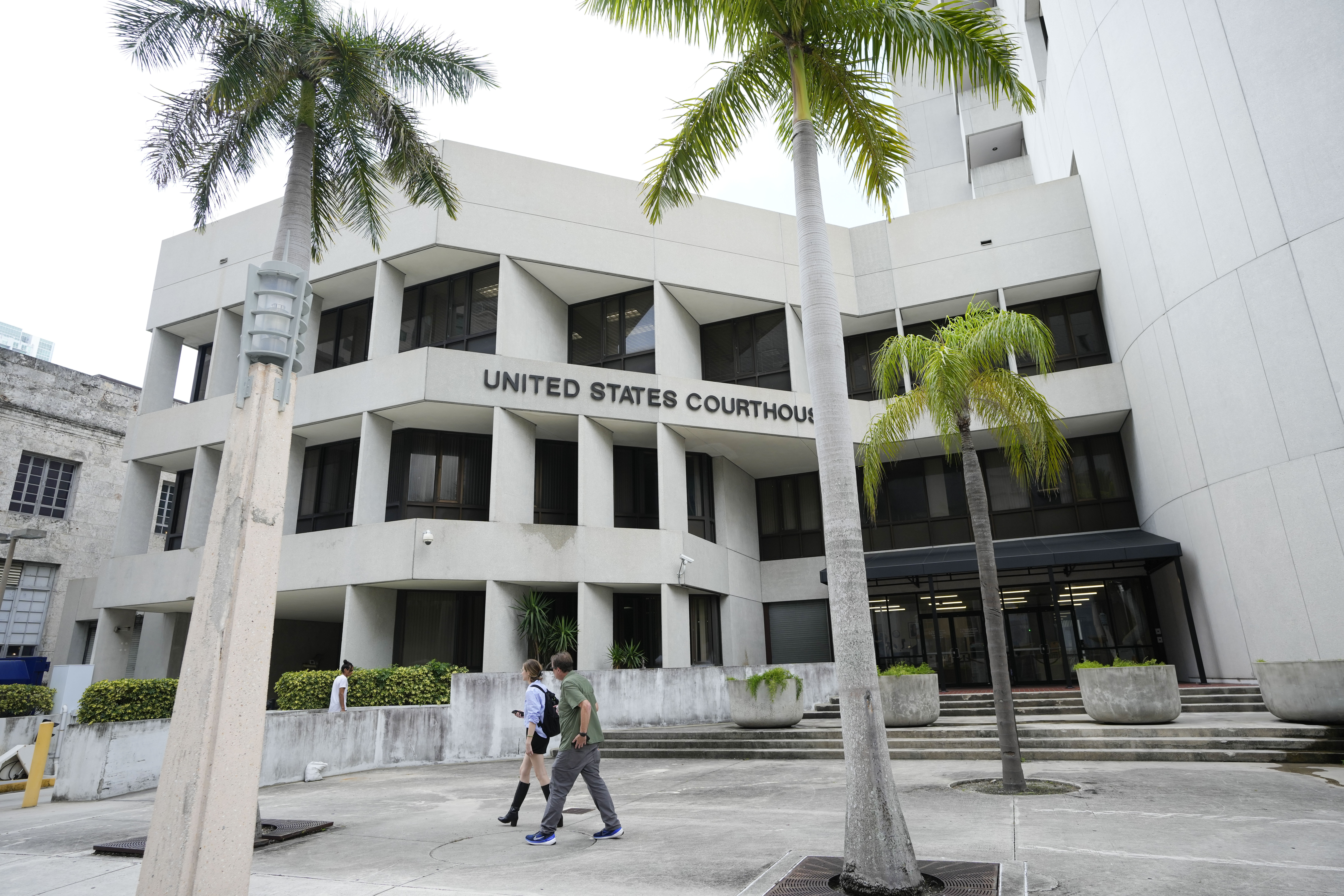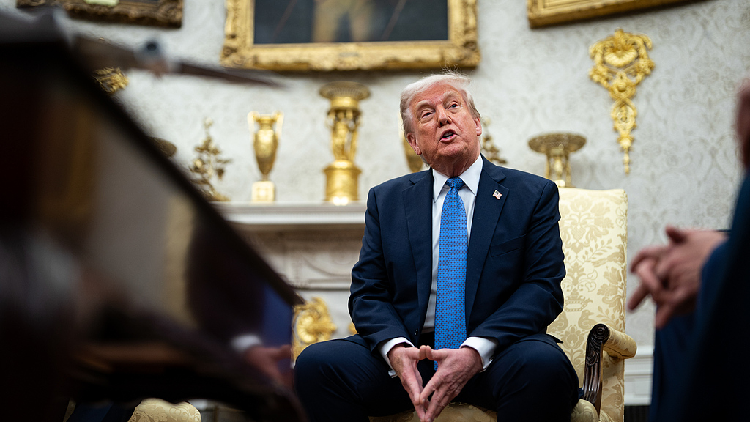Trump-appointed judge assigned to oversee the Florida case
Aileen Cannon previously sided with the former president.


TALLAHASSEE, Fla. — Florida Federal Judge Aileen Cannon, a nominee of Donald Trump who was widely criticized for ruling in the former president’s favor during an earlier phase of the classified documents case, is expected to oversee his criminal indictment — at least at first.
According to the case docket, Cannon was assigned Trump’s case while a magistrate will handle his first appearance Tuesday in U.S. District Court in Miami, the latest twist in a legal battle of historic magnitude. It remains unclear at this stage, however, if Cannon will ultimately preside over the entire case.
Two people close to Trump, who were granted anonymity to speak freely, did not dispute that Cannon is expected to initially oversee the case, although it is unclear for how long.
Trump was indicted Thursday in connection with his handling of classified documents after he left the White House, a case stemming from his alleged retention of sensitive national security documents at his residence in Florida and, further, alleged efforts to impede authorities’ attempts to retrieve them.
A federal indictment unsealed Friday charges Trump with 37 felony countsrelated to the former president allegedly keeping massive amounts of sensitive classified material at Mar-a-Lago after he left office. He’s also accused of showing some of this material to people who did not have security clearances at his golf club in Bedminster, N.J., among other accusations.
While Trump scored a possible win with Cannon, on Friday he also suffered a loss when two members of his legal team, John Rowley and Jim Trusty, left. The exact charges against the former president are not yet public.
Cannon already has a history with the classified documents investigation. After the FBI seized classified documents from Mar-a-Lago last August, Trump made an unusual request for a court-appointed special master to review the material taken in the raid. Trump’s request was assigned to Cannon, who sided with him and appointed a special master before her decision was eventually overturned on appeal.
Some legal experts publicly bashed Cannon for that ruling, claiming that she was overly deferential to Trump’s legal team and was generally inexperienced. Trump’s former attorney general Bill Barr even told Fox News that the ruling “was wrong” and “deeply flawed in a number of ways.”
Trump appointed Cannon to the federal bench in 2020. Before becoming a judge, Cannon was a federal prosecutor in Florida.
Cannon, born in Colombia, attended Duke University and graduated from the University of Michigan law school. She worked from 2009-2012 in the Washington office of law firm Gibson, Dunn & Crutcher LLP and then as an assistant U.S. attorney in the Southern District of Florida before she was approached by Sen. Marco Rubio’s office to consider moving up.
Just 42, Cannon could potentially serve for decades on the federal bench, and is a member of The Federalist Society, a conservative legal organization that has huge sway over Republican-appointed judges.
Cannon was confirmed by the Senate on Nov. 11, 2020, by a 56-21 vote with a dozen Democrats in support.
Even before the documents case, Cannon has been linked to Trump legal cases.
While Cannon was initially randomly assigned the Mar-a-Lago case, Trump in April 2022 sought to get an unrelated racketeering lawsuit against Hillary Clinton before the Southern District of Florida, where Cannon is a judge. That case was sent to Clinton-appointee U.S. District Judge Donald Middlebrooks instead, but Trump asked him to recuse himself from the case. Middlebrooks took notice of Trump’s attempt to get a judge seen as friendly in that case and specifically mentioned Cannon in court documents.












